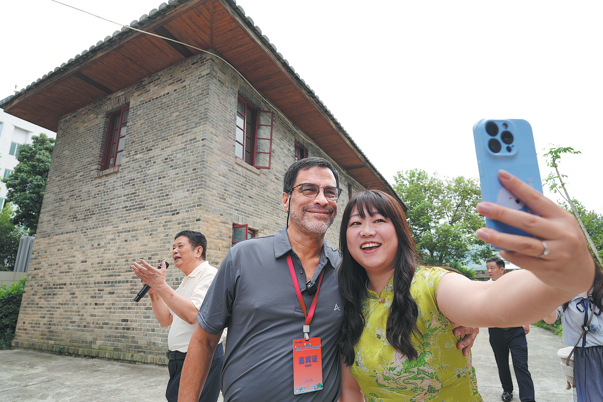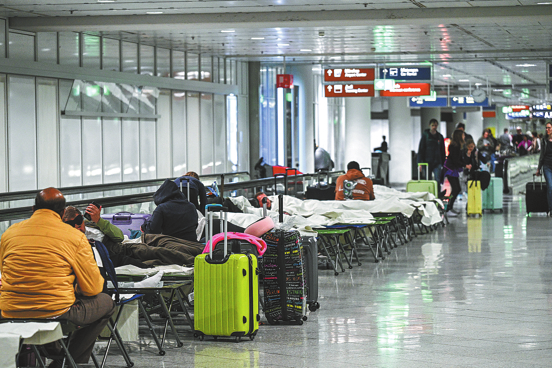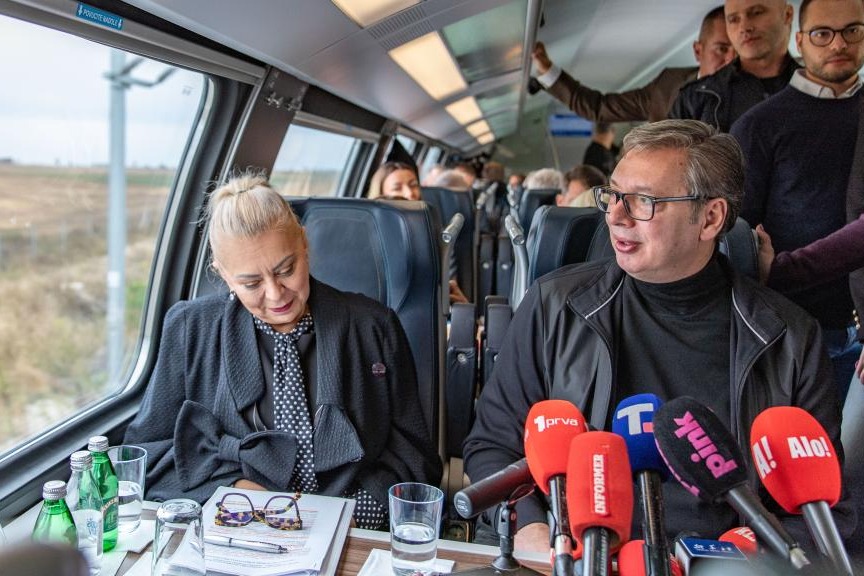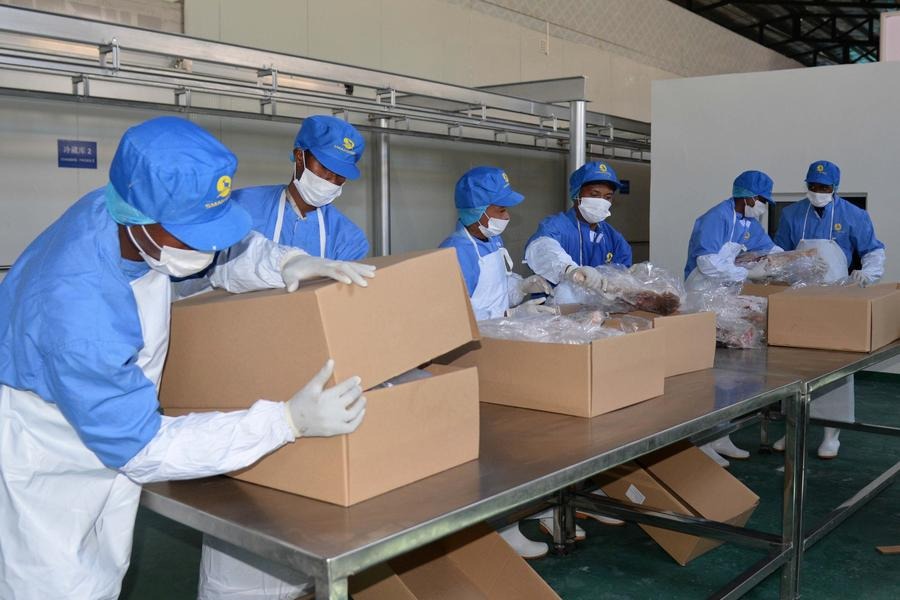Sharing pain
Bangladeshi US retailers lean on suppliers to bear portion of tariffs

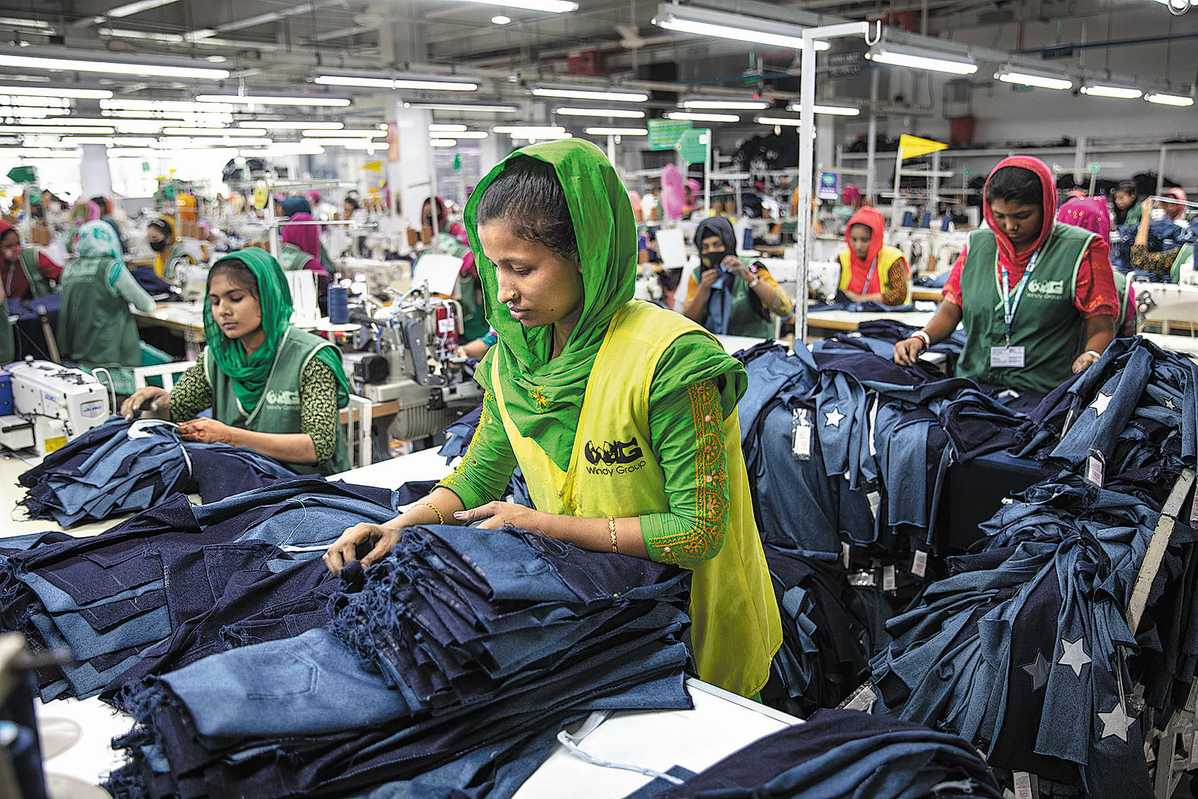
Eroding profitability
The situation places exporters in a precarious position, forcing them to choose between eroding their profitability and risking long-term business relationships. "My buyers are requesting me to bear up to 5 percentage points of the additional tariff," said Sharif Zahir, managing director of Ananta Group. "I also responded to the buyers' call as we have long-term business relations."
The impact varies by product. For woven shirts, for example, the existing tariff was 19.5 percent. The previous 10 percent baseline tariff pushed the total to 29.5 percent. With the new 20 percent reciprocal tariff, the rate will now stand at 39.5 percent, according to The Daily Star.
Ramzul Seraj, managing director of Elite Garments, said he had already been absorbing a portion of the initial baseline tariff. His buyers have not asked him to shoulder more.
However, some retailers are also adjusting prices for the end consumers to offset the higher import costs. Seraj said a higher-end woven shirt his factory sells for $10, which previously retailed for $65 in the US, is now being marked up to $70. He said that buyers may slightly increase the price they pay him to compensate.
The pressure from retailers appears to be a temporary measure for some, designed to bridge the gap until the new costs can be fully integrated into their pricing models. Shovon Islam, managing director of Sparrow Group, said his buyers have asked him to share a portion of the additional tariff until the next summer season, ending around February 2026.
Despite the squeeze on margins, exporters are reporting a positive development: work orders, which had been pending amid uncertainty over the final tariff rate, are now flowing back. "The buyers are taking all the pending work orders after the announcement of the new tariff rate," said Zahir.
Officially, the industry's main body is yet to register the trend. Mahmud Hasan Khan, president of the Bangladesh Garment Manufacturers and Exporters Association, said that no exporters had formally complained to him about the cost-sharing requests and that he was not otherwise aware of the issue. This suggests these negotiations are happening on a direct, buyer-to-supplier basis as companies navigate the fallout from the new trade policy.
The Daily Star, Bangladesh
















